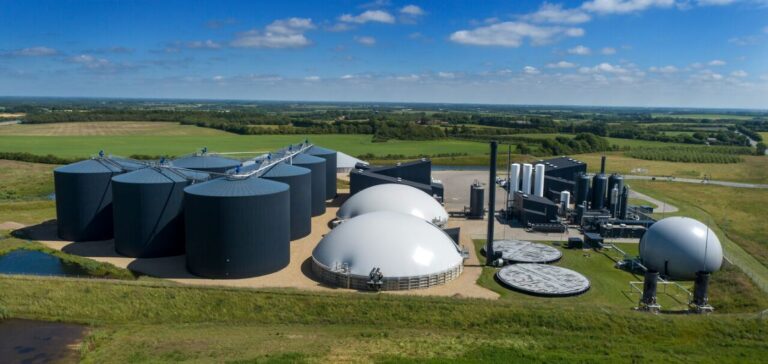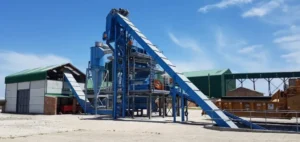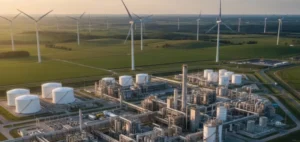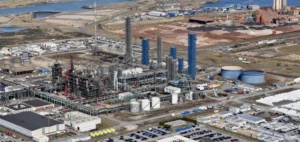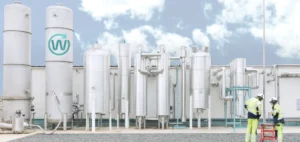Biogas and biomethane production in Europe hit a significant milestone in 2023, reaching 22 billion cubic meters (Bcm), according to the latest report by the European Biogas Association (EBA). This represents 7% of the total natural gas consumption in the European Union (EU). These volumes exceed the combined gas demand of countries like Belgium, Denmark, and Ireland.
Specifically, biomethane production increased by 21% within the EU, reaching 4.9 Bcm in 2023. This growth was primarily led by countries such as Italy, France, Denmark, and the United Kingdom, which are among Europe’s leaders in the sector. The EBA also reported an increase in installed production capacity, which now stands at 6.4 Bcm/year as of the first quarter of 2024.
Versatile Applications of Biomethane
In 2023, 23% of the biomethane produced was used in the transport sector, 17% in buildings, 15% for electricity generation, and 13% in industry. These multiple applications underscore its pivotal role in Europe’s energy transition. “Biomethane is a key resource for reducing Europe’s energy dependency while supporting the growth of other renewables,” said Harmen Dekker, CEO of the EBA.
Ambitious Targets for 2030
The REPowerEU initiative, launched in 2022, sets a target of 35 Bcm/year for biomethane production by 2030. Achieving this would require an annual growth rate of 35.9%. The EBA report highlights that 950 new biomethane plants are expected to be established over the next five years, adding 6.9 Bcm/year of additional capacity, mostly in European countries.
However, realizing these goals will depend on continuous investments and suitable regulatory frameworks. By 2040, the EBA estimates that biomethane production could cover 80% of the EU’s natural gas consumption, representing a €27 billion investment in the sector.
The Growing Role of Bio-LNG
Simultaneously, bio-LNG (renewable liquefied natural gas) is playing an increasingly important role in decarbonizing transportation. Currently, 14 EU countries produce bio-LNG, with 59 operational plants. This number is expected to rise to 105 plants in 2024, increasing the total capacity to 15.1 TWh/year.
Pablo Molina, technical officer at the EBA, explained that 80% of bio-LNG production would be allocated to road transport, particularly heavy-duty vehicles, which are challenging to electrify. The maritime sector is also showing growing interest in this energy due to sustainability pressures.
Market Challenges
Despite this growth, the market faces challenges. Guarantee of origin (GO) prices for biomethane in Germany, the Netherlands, and Denmark reached historic lows in December 2023, reflecting still insufficient demand. Additionally, bio-LNG prices remain elevated, with costs at €86.987/MWh in Rotterdam as of December 2023, representing nearly a €39/MWh premium over traditional gas indices.
To address these challenges, the EBA calls for faster permitting processes and more strategic planning to invigorate the market and encourage project developers.


